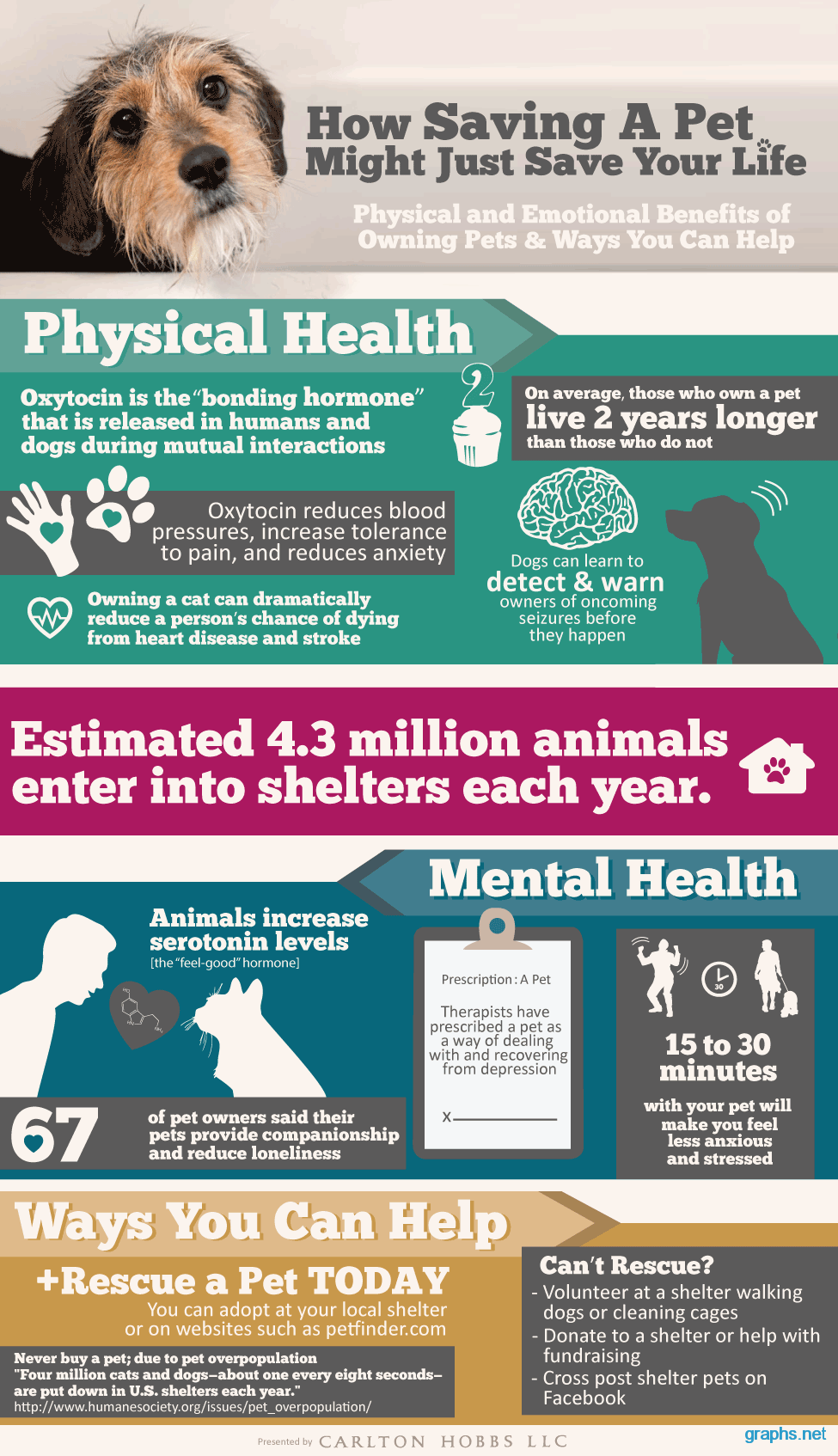Possibilities are that if your dog is regularly subjected to various other dogs, even if they're effectively immunized, they may return with some type of illness. Inoculations, routine veterinary appointments, and good health methods can minimize threat elements for infection and condition.
Stressed or anxious canines can develop gastrointestinal problems and other health issues that are easily spread between dogs. Establishing age restrictions and behavioral rules can help guarantee that only healthy dogs enter your facility.
Distemper
Canine distemper is a serious and usually deadly infection that assaults a canine's respiratory, gastrointestinal, skin and immune systems. Puppies are specifically prone and can acquire the illness through direct contact with a contaminated pet or with the airborne transmission of virus particles produced during coughing, sneezing or taking a breath.
The incubation duration for canine distemper is in between 3 and 7 days. While young puppies at day care may seem to capture parvo from an additional contaminated pet dog, it's unlikely since the incubation period is so brief.
While there is no remedy for canine distemper, supportive care can aid pets recoup. This includes fluids, antibiotics and drugs to manage seizures. The Drake Center for Vet Treatment notes that signs include dripping eyes and nose, looseness of the bowels, vomiting, anorexia nervosa and neurological troubles such as twitching and tremblings. Puppies require a complete vaccination collection and annual boosters to secure them against this illness, which is why respectable doggy day care centers call for updated vaccinations.
Kennel Cough
Kennel Coughing (Dog Infectious Tracheobronchitis) is a highly transmittable upper respiratory problem triggered by bacteria and infections. It spreads out through airborne beads from a cough or sneeze, straight call, and sharing of contaminated things such as playthings or water bowls. It is endemic in position where lots of canines are housed close together, such as kennels, dog parks, brushing beauty salons and programs. A number of vaccines are available to secure against the pathogens that trigger kennel cough, and correct health practices can aid stop infection.
The classic signs and symptom is a completely dry, hacking cough comparable to that of a goose honk, and many dogs recoup with little intervention. Nonetheless, serious cases can lead to pneumonia, and pups or canines with pre-existing ailment are at higher danger for complications. To quicken healing, make use of a harness rather than a collar while your canine is recouping to prevent irritation to the windpipe. A humidifier might likewise aid to dampen the air and prevent completely dry coughing.
Parvovirus
Parvovirus (CPV) is a severe disease in pet dogs. It is similar to feline panleukopenia (feline distemper), yet it's a lot more fatal and can spread out swiftly among pet dogs due to its exceptionally resilient nature.
This infection attacks the digestive lining of a pet dog, damaging it and triggering microorganisms to slough off right into the bloodstream. The weakened body immune system and overwhelming bacteria cause septic shock, which is typically deadly.
Thankfully, veterinary healthcare facilities offer reliable treatment for parvovirus. These medications are provided directly right into a client's blood stream and targeted towards the certain strain of parvovirus. This therapy approach is extremely reliable and helps re-train the immune system to eliminate off the infection. Canines with extreme symptoms are usually hospitalized for a number of days for surveillance and extensive like guarantee their survival. Pups, unvaccinated pet dogs and pets with weak immune systems are specifically vulnerable to parvovirus. This is specifically true for young puppies birthed to roaming moms and sanctuary settings, where they are exposed to lots of various other ill and prone canines.
Pooch Flu
Canine flu (CIV) is a transmittable respiratory illness that can be brought on by pet dogs sharing infected surfaces or straight contact with respiratory system secretions. CIV spreads easily in atmospheres where there are high varieties of canines, such as pet parks, day cares, brushing facilities and veterinary centers.
Infected canines dropped the infection via aerosol respiratory droplets when coughing or sneezing, and may pollute things they enter into contact with like cages, toys, food bowls, chains and the hands and apparel of individuals who handle them. Pet dogs can additionally be "quiet providers" spreading out the infection without revealing any signs and symptoms themselves.
Symptoms of canine influenza include nasal and eye discharge, coughing, high temperature, loss of dog boarding facility near me appetite, and weak point. The infection can proceed to pneumonia, which can be deadly in some pet dogs. PCR viral screening is offered for verification of infection. Preferably, examples (typically deep nasal or pharyngeal swabs) for PCR screening should be gathered within four days of the beginning of professional signs.
